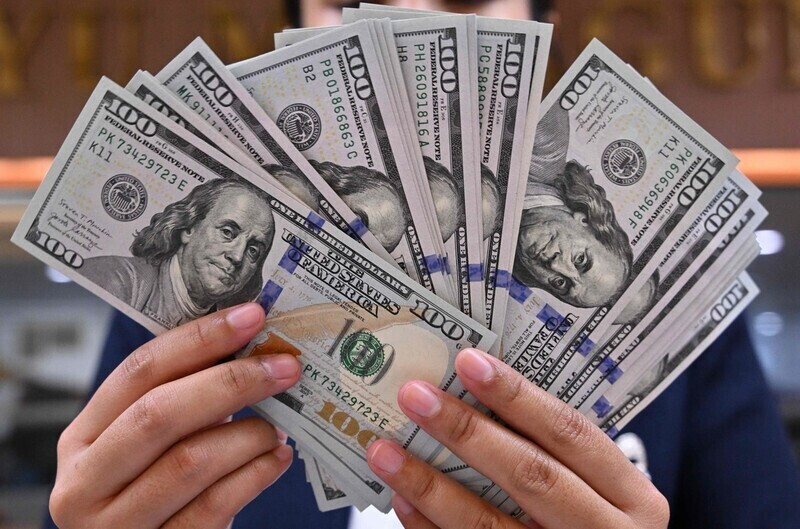
Concerns have been raised that Paraguay's public debt repayment burden is increasing as its currency, the Guarani, weakens against the dollar. Economic experts warn that the strong dollar could exacerbate financial pressure by requiring more Guaranies to service foreign currency-denominated debt.
To mitigate these risks, the Paraguayan government is pursuing a plan to increase the issuance of local currency bonds in international markets. However, experts emphasize that stable debt repayment is only possible if there is a fundamental increase in Guarani-denominated tax revenue.
Meanwhile, the Central Bank of Paraguay (BCP) is reassuring the market, stating that the current situation is "not at a critical level." A BCP official explained that although the Guarani's value against the dollar has fallen by 1.9% this year, it is still performing well compared to the currencies of neighboring countries.
Experts have attributed the strong dollar to a combination of domestic and international factors. Domestically, uncertainty about reduced soybean yields has played a role, while internationally, the U.S. Federal Reserve's (Fed) interest rate hike policy has had an impact.
The future outlook for exchange rates is likely to fluctuate depending on international developments. If the U.S. economy falls into recession, the Fed may switch to an interest rate cut policy, which could lead to a weaker dollar and a stronger Guarani.
Concerns have also been raised that the strong dollar could lead to inflationary pressures. However, experts predict that Paraguay's inflation expectations will remain stable and that the BCP will be able to control inflation through monetary policy.
Paraguay's Economic Situation: Paraguay's economy heavily relies on agriculture, particularly soybean production. Therefore, it is sensitive to fluctuations in international grain prices and climate change.
U.S. Federal Reserve (Fed) Interest Rate Policy: The Fed's interest rate hike policy can cause the dollar to strengthen globally and lead to the depreciation of emerging market currencies.
Role of the Central Bank of Paraguay (BCP): The BCP plays a role in maintaining price stability and managing exchange rate volatility through monetary policy.
Although Paraguay's public debt may face short-term challenges due to the strong dollar, it is believed that these can be overcome through the BCP's stable monetary policy and the government's prudent debt management.
[Copyright (c) Global Economic Times. All Rights Reserved.]



























